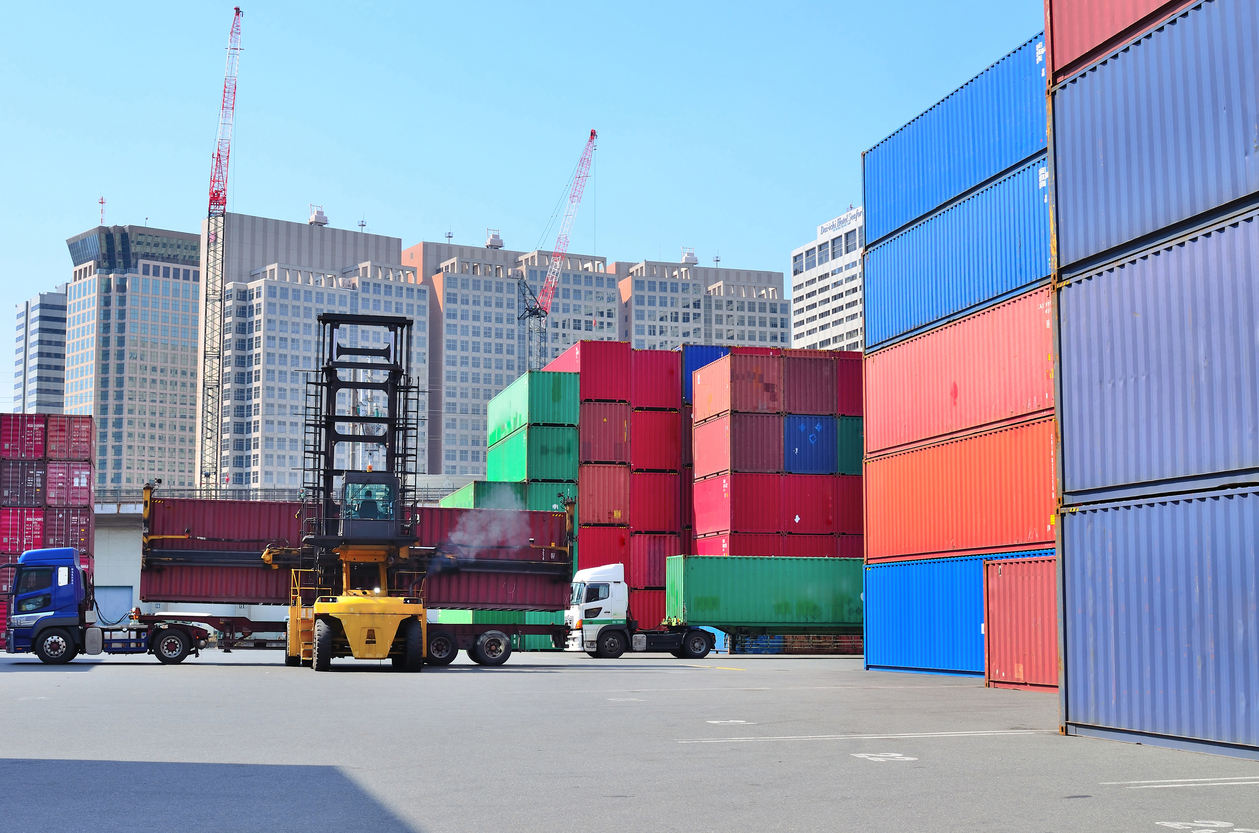2023/01/31
Making Full Use of Public and Private Support Services, SMEs Can Expand Their Business into Overseas Markets in Search of New Opportunities

(The original article in Japanese was posted on January 13, 2023)
In December last year, one of Japan’s business promotion measures for small and medium-sized companies (SMEs), known as a "Support program for 10,000 New Exporters" started as part of the government's comprehensive economic stimulus package. With the aim of excavating business operators interested in exporting business, the program offers total support to export business starters by providing professionals who have rich experiences in practical operations to assist beginners in every procedure such as business plan formulation and sales promotion. The eligibility for subsidy applicants is widely determined to encourage SMEs that are willing to take on challenges for exporting business. However, I have a slightly negative feeling to see the expression that is to "strengthen the economic structure on the occasion of a weak yen," which was described as a goal of the support program. I have no objection to looking for a chance in a weak yen to boost exports, but I fear that customers who show keen interest in low prices will eventually be less satisfied with the level of the low price. I would say the government should work on building "a strong economic structure that is not fragile amid the unstable exchange rates,” and the essence of the support measures is hopefully designed to increase the potential of SMEs to the level of being internationally competitive.
First of all, SMEs, going through tough struggles as a player of the supply chain of major companies, basically have high potential abilities. Besides, overseas firms recognize the merits of SMEs. Nevertheless, it is only a few SMEs that have established overseas divisions to promote businesses, and so too with having good command of foreign languages. In short, there is a big gap in the current status of SMEs, where we can find a big business opportunity. Only recently I encountered a startup company that drew attention at an exhibition with a message stressing, “We buy overseas inquiries that come to your company! ” The name of the company is Nopat Inc. (CEO: Yuta Kubo)*, a logistics service provider specializing in global logistics that require a “specific skill” in operation such as transportation of large machinery, fresh food, dangerous goods, and small-lot production items.
The company's service is quite simple to explain. For example, Company-A, upon receiving an inquiry from overseas by e-mail in a foreign language, forwards it to Nopat. Then, Nopat takes over the matters of inquiry and starts business negotiations with the counterparty. Later, when a contract is concluded, Nopat purchases the product under contract and makes the payment in yen. The profit of Nopat is made only from the commission fee that is charged in addition to the value of the domestic shipments from Company-A. In fact, Company-A has substantially completed an export transaction through the conduct of an ordinary domestic operation. Once concluded, the subsequent export-related operations are handled by Nopat that is skilled in those kinds of practices. Incidentally, Nopat is ready to offer services in 10 languages. I had a chance to visit their office and I saw several young foreign staff members working on sales negotiations with overseas companies on the internet.
What attracts us most in the Nopat’s business model is that it is not categorized as a regular practice of a sales agent or a trading company. “We take part of the negotiations in foreign languages on behalf of our clients, and also we buy their products,” Mr. Kubo, the CEO, said. “However, we think it important to build a direct relationship between the buyer, an overseas company, and the manufacturer, an SME. So, we always ask an SME person in charge to attend every business meeting through the course of the negotiation procedures. This approach will not only ensure the smooth ongoing transactions but will also lead to the creation of new business opportunities.”
The travel restrictions caused by the Coronavirus pandemic has made us realize the value of face-to-face communication more than ever. Now that the world is reopening for business again, it is indeed a right time to exploit new markets. There are many SMEs in Japan that have yet to notice their own potential ability. I hope that they challenge to enter into overseas markets with forward-looking strategies not limitedly from the perspective of weak yen.
*Nopat Inc.
Purchasing service site: https://impuser.com
Official site: https://www.Nopat.co.jp
This Week’s Focus, January 13, 2023
Takashi Mizukoshi, the President